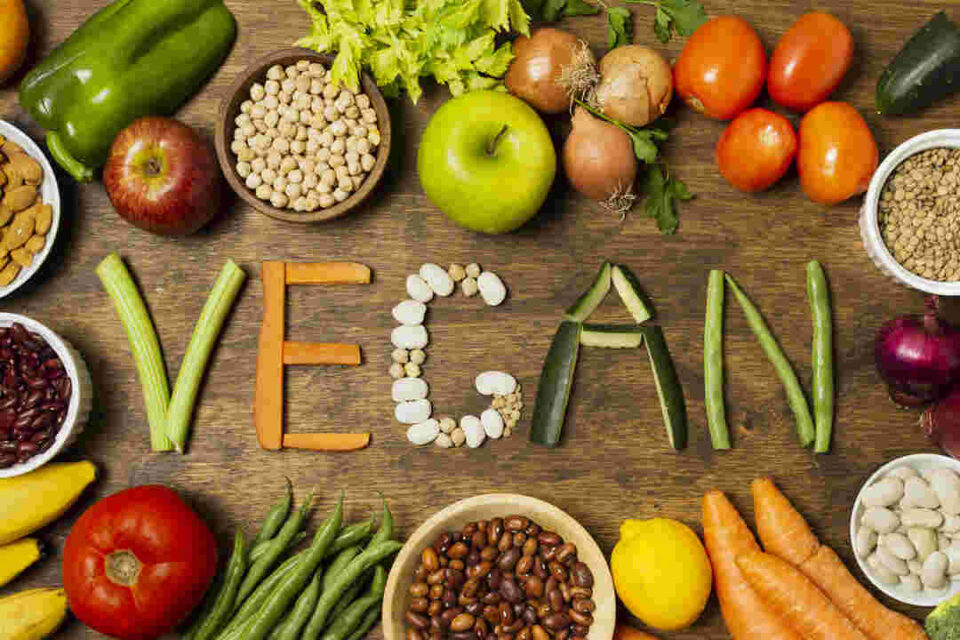Navigating the Plant-Based Path to Wellness
In a world where dietary choices are as diverse as the cultures that encompass them, the shift toward plant-based lifestyles has gained unprecedented momentum. Meet Satvik, a software engineer in Bangalore, Santosh, a college student in Mysore, and Samanvita, a yoga instructor in Koramangala. Each of them embarked on a journey towards veganism, captivated by the promises of improved health, ethical considerations, and environmental benefits. But as an Ayurvedic doctor well-versed in the complexities of nutrition, I find myself standing at the crossroads of curiosity and concern. Is the transition to veganism truly a health nirvana, or are there lurking pitfalls that demand our attention?
Satvik’s Success Story: A Glimpse into Vegan Victory
As a medical practitioner, I’ve had the privilege of witnessing the transformative journeys of numerous individuals. Satvik, a middle-aged man with a penchant for technology and a newfound love for plant-based living, is one such inspiring story. Battling weight issues and a family history of heart disease, Satvik’s transition to a vegan lifestyle bore remarkable fruits. Within a year of embracing plant-based eating, he shed excess weight, saw his cholesterol levels plummet, and reported higher energy levels. Satvik’s case, while encouraging, serves as a testament to the potential benefits of a well-balanced vegan diet.
Santosh’s Struggle: Navigating Nutritional Challenges
While success stories like Satvik’s are heartening, the journey toward veganism isn’t without its hurdles. Santosh, a bright young student in the cool city of Mysore, found himself grappling with nutrient deficiencies as he transitioned to a vegan lifestyle. As an Ayurvedic doctor, I often emphasize that a well-planned vegan diet can provide all essential nutrients, but Santosh’s experience sheds light on the importance of meticulous planning. Nutrients such as vitamin B12, iron, and omega-3 fatty acids can be more elusive in a vegan diet, necessitating informed choices and possibly supplementation.
Samanvita’s Symbiosis: A Harmony of Body and Environment
Amidst the spectrum of vegan experiences lies Samanvita’s journey, a dedicated yoga instructor with an unwavering commitment to holistic living. For her, embracing a vegan lifestyle was not just a dietary change but a spiritual and ethical awakening. Beyond the health benefits, she resonates deeply with the philosophy of compassionate living and its alignment with yogic principles. Samanvita’s story underscores the interconnectedness of our choices – how nourishing our bodies can be a manifestation of nourishing the planet and all its inhabitants.
Patients’ Asked Questions
1. Can a vegan diet provide enough protein?
Yes, a well-planned vegan diet can meet protein needs through plant sources like beans, lentils, tofu, tempeh, and quinoa.
2. What about vitamin B12?
Vitamin B12 is primarily found in animal products. Vegans should consider fortified foods or supplements to ensure sufficient intake.
3. Is calcium a concern for vegans?
Plant sources of calcium include fortified plant milk, leafy greens, almonds, and sesame seeds. Adequate intake is achievable through a balanced diet.
4. How can I get enough iron on a vegan diet?
Plant-based sources of iron include beans, lentils, fortified cereals, spinach, and pumpkin seeds. Pairing iron-rich foods with vitamin C sources can enhance absorption.
5. Are there health benefits to going vegan?
Research suggests that well-planned vegan diets can lower the risk of chronic diseases like heart disease, diabetes, and certain cancers.
6. Can children follow a vegan diet?
With careful planning, children can thrive on a vegan diet. Consultation with a pediatrician and registered dietitian is recommended.
7. What are the potential pitfalls of a vegan diet?
Inadequate nutrient intake, particularly B12, omega-3s, iron, and vitamin D, can be a concern if not addressed through diet and/or supplements.
8. Is a vegan diet suitable for athletes?
Yes, athletes can excel on a vegan diet with proper attention to nutrient intake, including protein, carbohydrates, and essential vitamins and minerals.
9. Can a vegan diet impact mental health?
While diet can influence mental well-being, a well-balanced vegan diet rich in whole foods can positively contribute to mental health.
10. How can I ensure a balanced vegan diet?
Educate yourself about nutrient-rich plant sources, consider consulting a registered dietitian, and plan meals to ensure a diverse and balanced intake of nutrients.
Conclusion: The Kaleidoscope of Veganism
In a world where dietary choices are as diverse as the cultures that encompass them, the journey toward veganism is a kaleidoscope of experiences, challenges, and triumphs. From Satvik’s triumph over health woes to Santosh’s reminder of the importance of careful planning and Samanvita’s harmonious alignment with ethical and environmental values – each story underscores the multifaceted nature of this dietary shift. As I reflect on these narratives, it’s clear that the decision to turn vegan is a personal and intricate one, guided by health considerations, ethical beliefs, and the quest for a sustainable world.
So, dear readers, as you ponder your path, remember that I, you, and we all have the capacity to make choices that resonate with our values and nurture our bodies. Whether you choose to embark on this journey or not, the key lies in informed decisions, thoughtful planning, and an unwavering commitment to holistic well-being.

